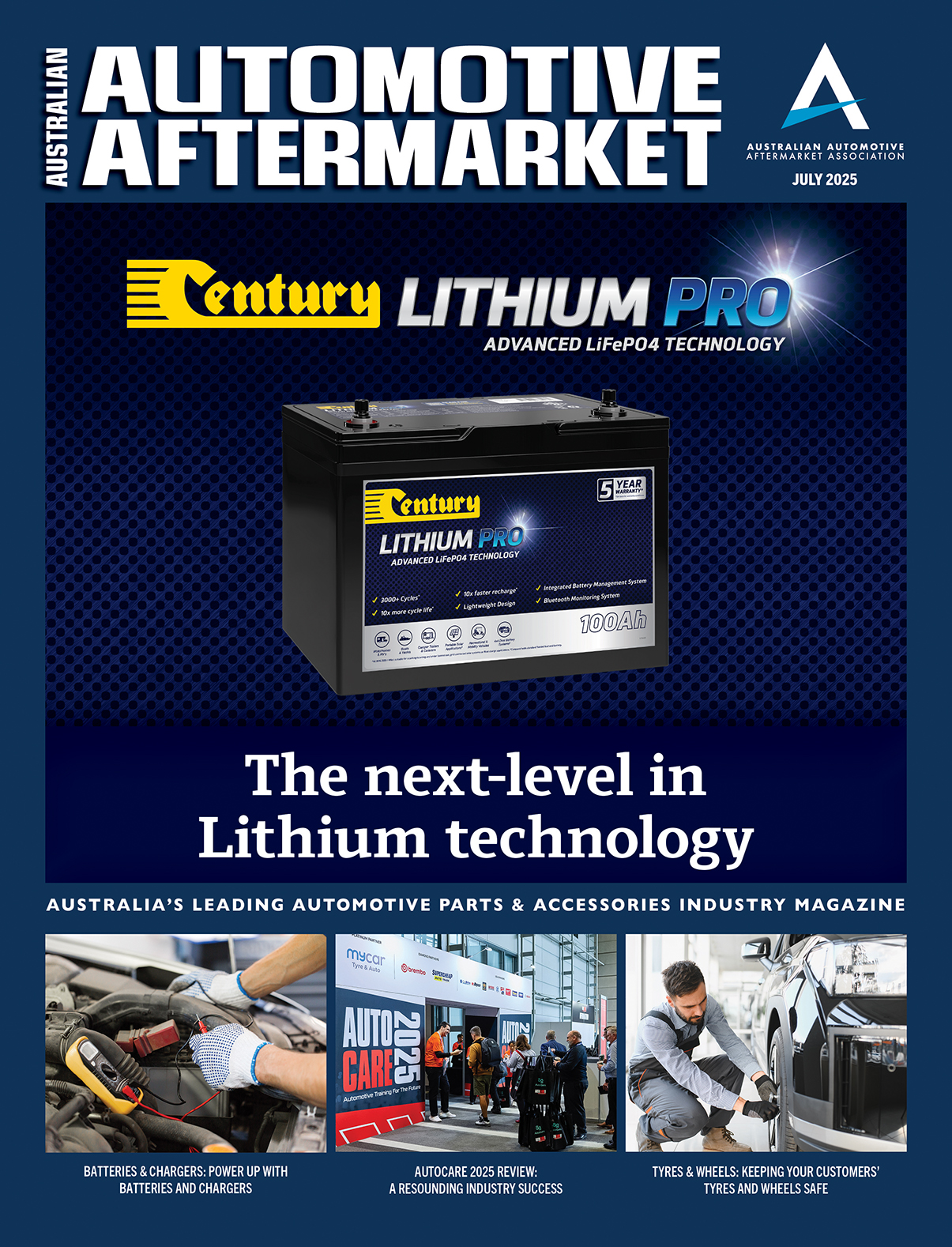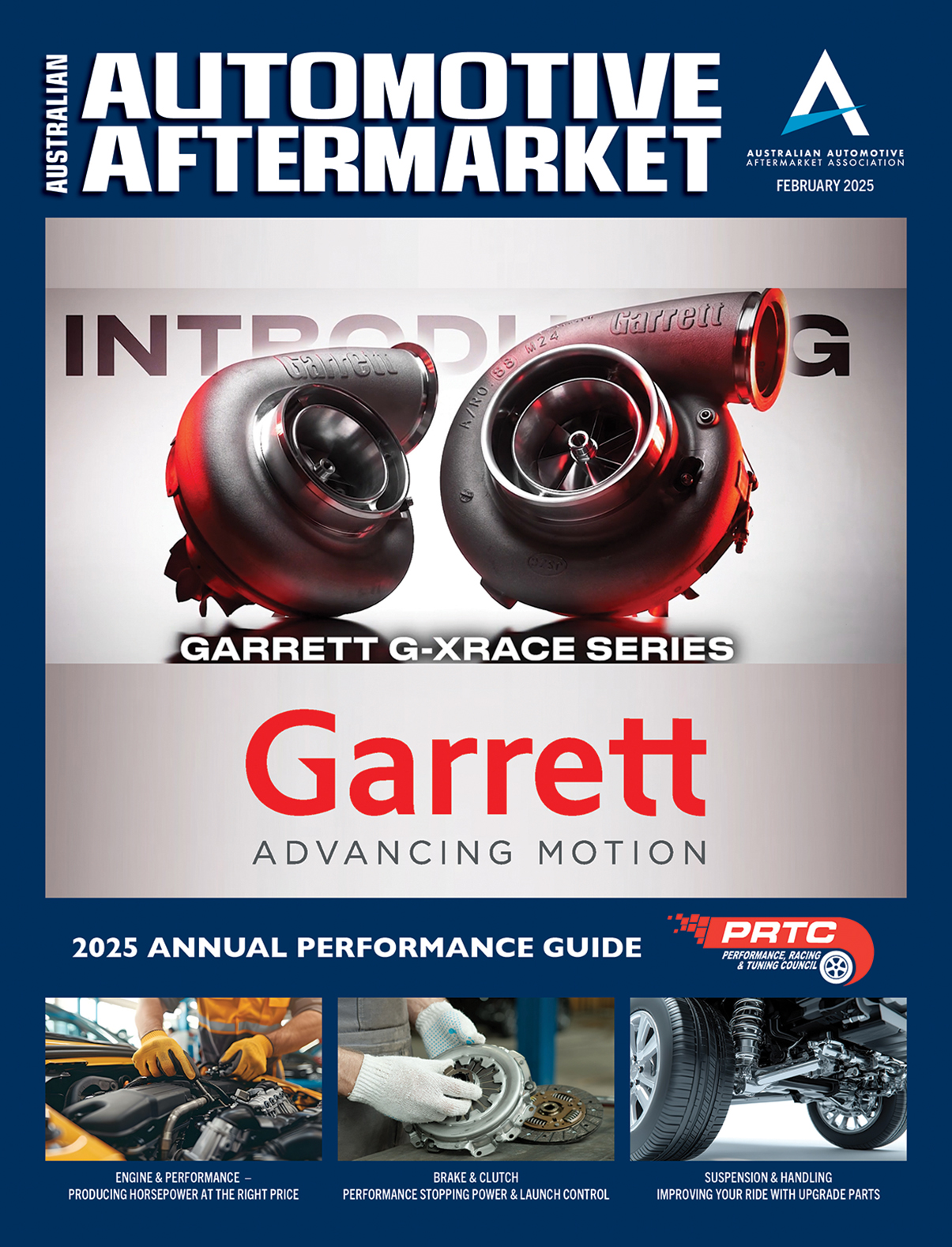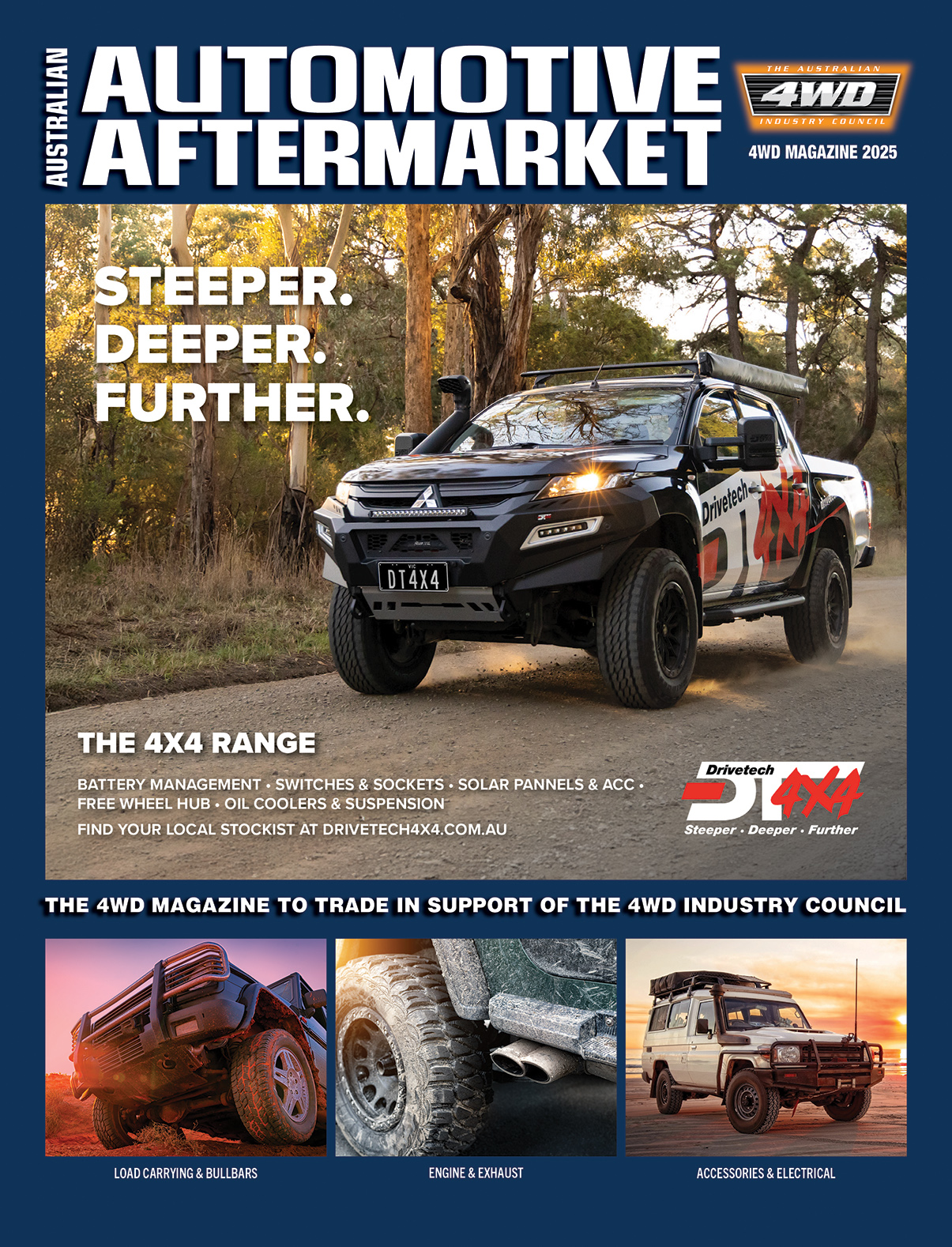WHY FOAM?
In this article, Unifilter Australia explains the case for oiled open-cell foam element air filter solutions

When it comes to just about anything with an engine, there’s almost always a conversation about improving performance and protection that quickly follows, and naturally, those conversations start at the very beginning of the combustion process, which is getting clean air in efficiently.
Unifilter Australia explains it has been producing Australian-made air filters for both the Australian and global markets for over 40 years, specialising in oiled open-cell foam element air filter solutions for the simple fact that in dusty conditions, they work, and they work really well.
The company explains that open-cell foam is essential, hexagon upon hexagon, creating a complex matrix for the air, complete with suspended dust, to travel through.
As it travels through the foam, the constant micro-changes in direction force the dust particles to hit the oiled edges of the foam, trapping the dirt and dust and allowing the air to continue through, unimpeded and effectively cleaned of even the finest dust particles.
Unifilter Australia says this process is what makes oiled foam air filters the standard air filter option for dusty conditions such as dirt bikes and even excavation equipment, as well as an ideal option for the ever-expanding range of 4×4 vehicles on the market, particularly those used as intended (and a little beyond) throughout Australia.
Snorkel pre-filters for harsh conditions to extend main filter service intervals, complete replacement air filters to avoid dust ingress, and additional air filter foams that reduce the frequency of full servicing for those on extended trips have all become popular in recent years.
When it comes to servicing, Unifilter Australia says the automotive industry as a whole seems to have some misconceptions about exactly how to treat a foam air filter element.

While a reusable oiled foam air filter does require a little more effort than a disposable paper element, Unifilter Australia offers the following key items of advice to help you get the most from an oiled foam air filter:
• Keep it clean: while it can be a dirty job, cleaning a foam air filter correctly is critical. If you don’t have a specific foam air filter cleaner, Mineral Turpentine is the alternate choice. It won’t harm the foam like other products such as petrol and it will effectively cut through the oil and grime.
• Keep it dry: moisture is the enemy here. If you suspect a foam filter has become wet, service it and thoroughly dry it before oiling and reinstalling.
• Oils ain’t oils: there is no substitute for foam air filter oil, and a foam air filter requires the oil to adequately filter the particles. A mineral-based air filter oil is preferable whenever possible because it does not dry out like synthetic oils do. The foam needs to be completely inundated with foam air filter oil and most importantly, you need to remove as much of that oil again as you can.
• Check the seal – In most instances, a light coat of grease on the mating surface will ensure a dust-free bond.
Interestingly, with several popular four-wheel drive models experiencing dust issues in recent years, Unifilter Australia says it quickly identified several of these problems related to dust completely circumventing the filter element through either poor design, forethought, or material choices and, in all cases, says it was able to bring an effective solution promptly to the market in the way of a simple replacement air filter specifically designed to address the true issue.
For more information, visit www.unifilter.com.au







